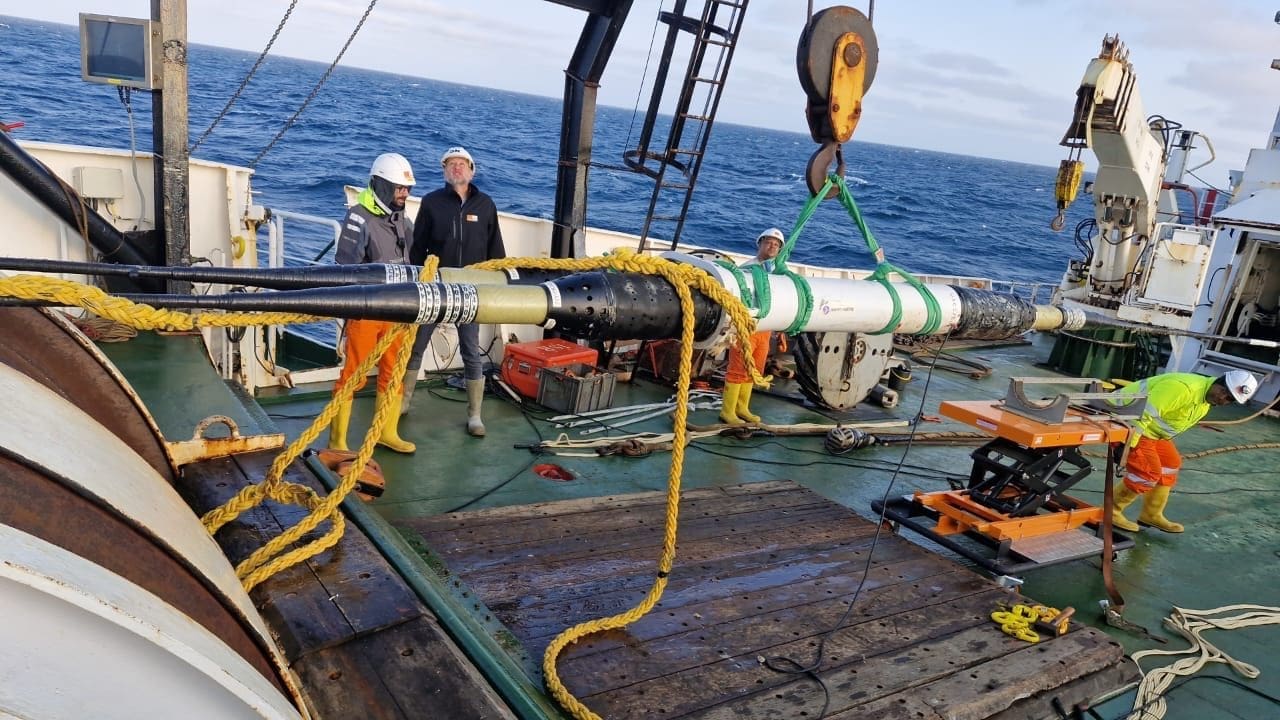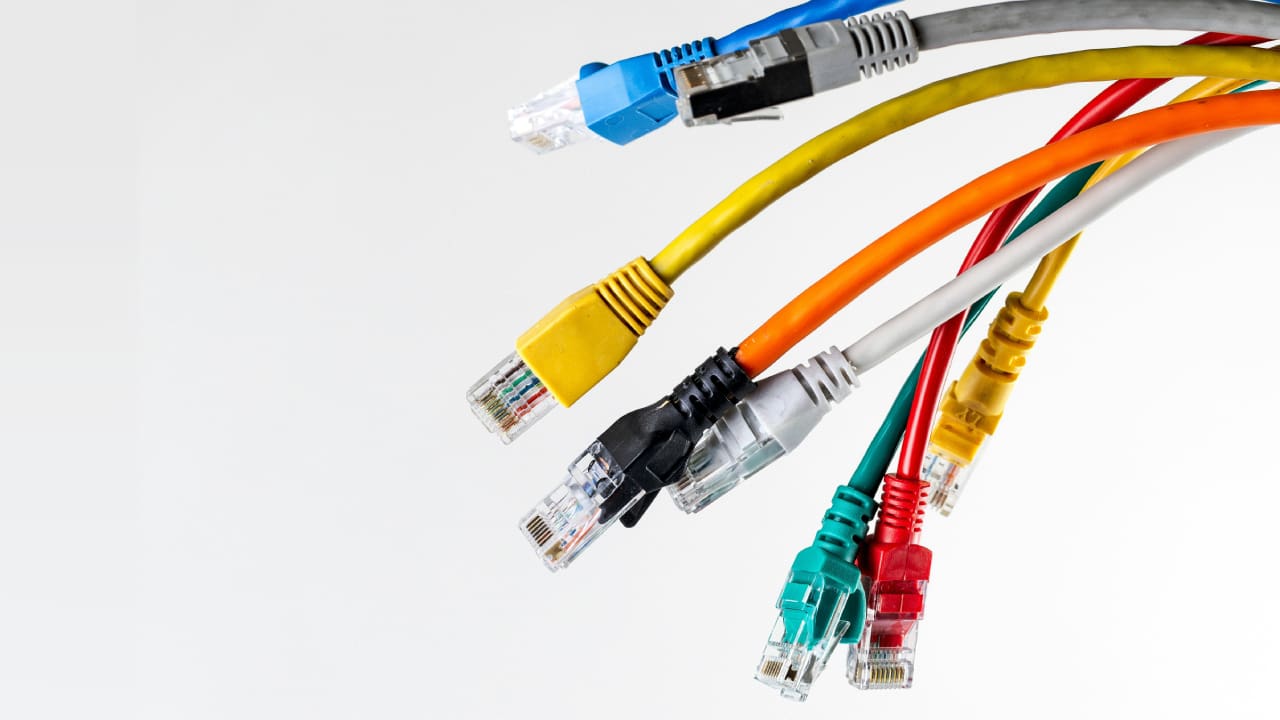- The West African Cable System (WACS) suffered a fault last week which affected internet speeds for South African netizens.
- Repairs are ongoing in the middle of the ocean off the West African coast.
- Openserve says that the fault may be attributed to a broken branching unit attached to the cable system.
Last week, the West African Cable System (WACS) suffered a fault that sent connections alongside its route buffering. Outages and slow internet speeds were experienced across South Africa, but hotspots of reports emerged in the Western Cape, especially Cape Town.
While the WACS system experiences outages quite often, the last time it experienced a major outage was in March 2024 when it, alongside the Africa Coast to Europe (ACE), MainOne, and SAT3 cables was affected by what was believed to be an underwater landslide or earthquake.
Despite an update last week that the cable system will be up and running as of Sunday, the latest, ISPs in South Africa are still updating customers of potential disruptions due to the cable fault and subsequent repairs.

“We are currently experiencing degraded international performance due to a fault on the WACS (West Africa Cable System),” local ISP WebAfrica told ctsomers.
“This may result in slower speeds or higher latency when accessing some international websites or services.”
WebAfrica says that it is working to add additional capacity via its other cable routes, and likely other companies impacted by WACS will be doing the same.
 WACS repairs underway on the ocean, specifically on the branching unit (pictured). Image sourced from Robert Kraai.
WACS repairs underway on the ocean, specifically on the branching unit (pictured). Image sourced from Robert Kraai.
South African carrier Openserve says it is heavily involved with the ongoing repairs. As of this weekend, the WACS repair vessel was attempting to fix a branching unit that may be the cause of slow internet in South Africa.
“As I closely monitor the progress, faulty Branching Unit is now recovered. Confirmation of good cable condition is received through WACS Rep on board, this then confirms the to be the faulty equipment,” said Robert Kraai, operations specialist at Openserve in a post on LinkedIn.
“Next step is to replace the faulty BU with new one. Tests conducted on the new BU, confirmed it to be 100% functioning and will be installed while the recovered one will be taken to the supplier for further analysis.”
Kraai adds that “Thus far, the repair unfolds as planned, traffic will be restored once all repair and post repair tests activities are conducted, confirming signal flow from South Africa to Lisbon then to London.”
